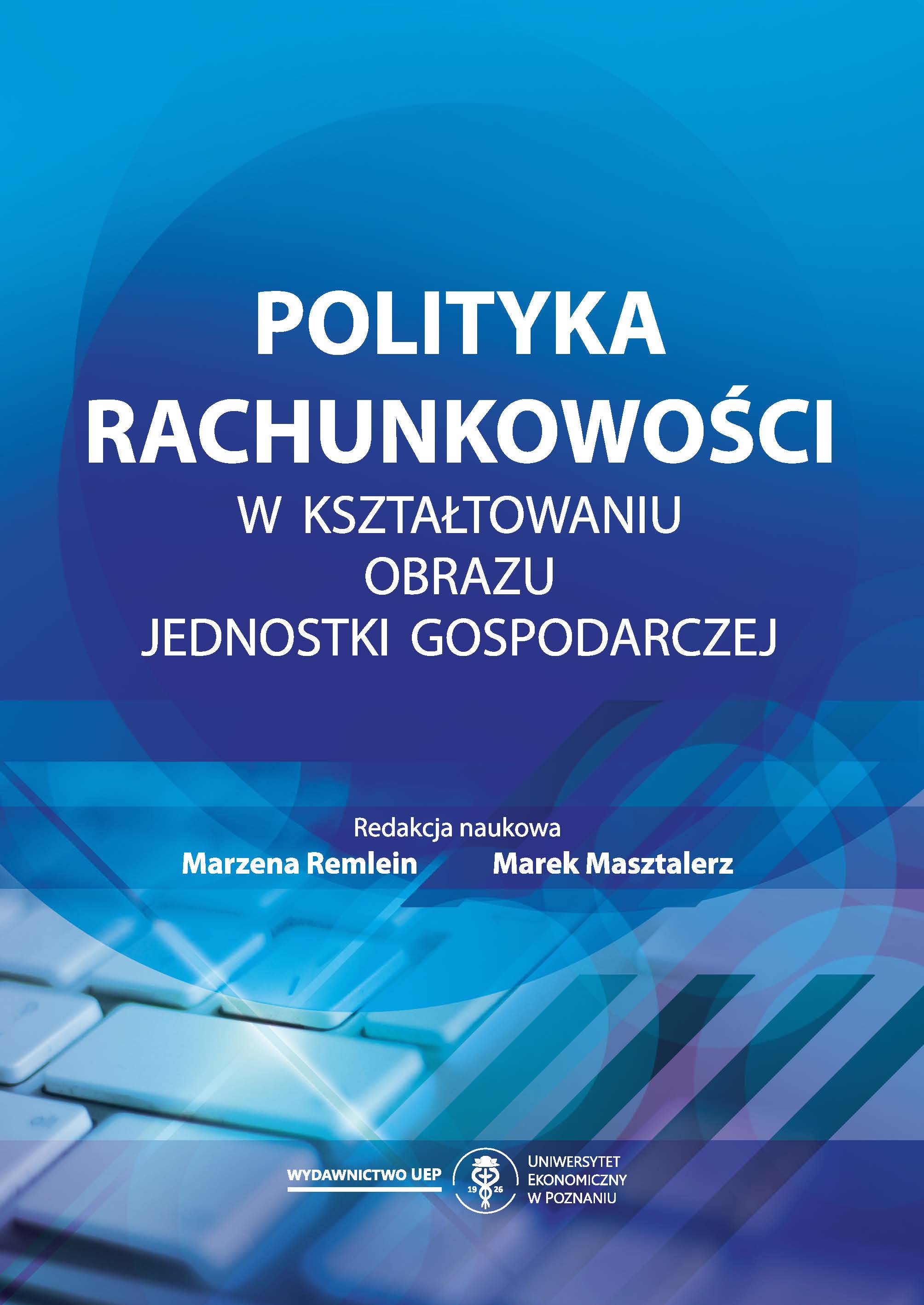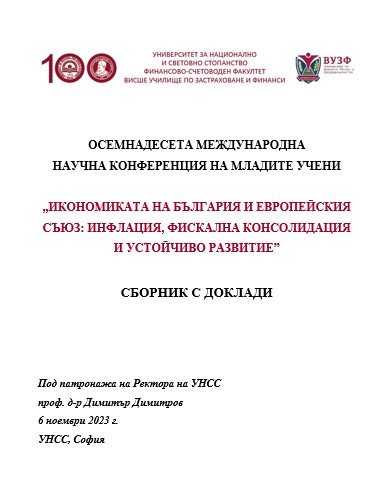Author(s): Valeri Konicheva / Language(s): English
Publication Year: 0
This paper provides a comprehensive overview of the World Bank Group, which comprises the International Bank for Reconstruction and Development (IBRD), the International Development Association (IDA), International Finance Corporation (IFC), Multilateral Investment Guarantee Agency (MIGA), and the International Centre for Settlement of Investment Disputes (ICSID). It includes details on the group's structure, locations, and a brief history. The World Bank offers a diverse range of financial products, including loans, risk management services, credit enhancement, disaster risk management insurance, contingent financing, and advisory services. The bank is exposed to several types of risks, including operational, and corporate risks, and financial risks. The bank is also exposed to risky events such as fraud, noncompliance, and losses. The World Bank Treasury manages the bank's activities and is responsible for Treasury Risk, Compliance, and Controls (TRERC). The World Bank is focusing on promoting sustainable development by addressing the root causes of poverty and inequality, such as lack of access to education, healthcare, and economic opportunities. By addressing these underlying factors, the bank aims to promote long-term resilience to risks and create sustainable and inclusive growth.
More...



